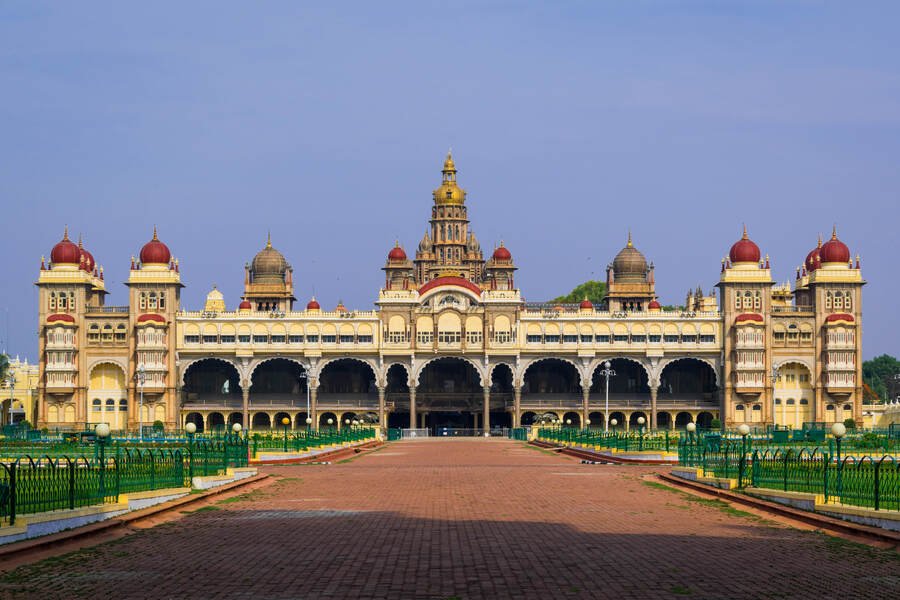Maui, known for its stunning beaches, lush landscapes, and vibrant culture, has always been a sought-after tourist destination. However, the COVID-19 pandemic has hit the tourism industry hard, leaving the island’s economy in shambles. As recovery efforts are underway, public input is being sought to determine the role of tourism in Maui’s path to recovery.
The pandemic brought travel restrictions, lockdowns, and reduced international flights, severely impacting the tourism industry worldwide. Maui, heavily reliant on tourism, saw a sharp decline in visitor arrivals, leading to massive job losses and businesses shutting down. The island’s economy, which heavily depends on tourism dollars, has been left reeling from the effects of the pandemic.
Recognizing the urgency to rebuild the economy, the local government, alongside community leaders, has initiated a public input process to determine the future of tourism on the island. They believe that the recovery plan should not only focus on bringing back tourists but also address the sustainability and resilience of Maui’s tourism industry.
The public input process seeks to engage residents, employees, business owners, and other stakeholders to gather their perspectives on various aspects of tourism. The discussions will cover topics such as visitor management, infrastructure development, cultural preservation, and diversification of the economy. The aim is to create a balanced and inclusive recovery plan that benefits both the local community and the tourism industry.
One of the key concerns raised during the public input process is the need to manage visitor numbers and their impact on the island’s resources. Maui’s natural beauty and fragile ecosystems are at risk of degradation due to overcrowding and overdevelopment. The local community is keen on implementing sustainable tourism practices that prioritize the preservation of the island’s environment and cultural heritage.
Additionally, there is a growing consensus that Maui’s economy should diversify beyond tourism. The pandemic has exposed the vulnerability of an economy heavily dependent on a single industry. Efforts to promote sustainable agriculture, renewable energy, and other non-tourism sectors are gaining traction as potential avenues for economic growth and resilience.
The public input process is not just limited to discussions within the community. It also involves engaging with tourism industry leaders, experts, and professionals to gather insights and ideas for a more sustainable and responsible tourism model. The aim is to strike a delicate balance between economic recovery and the long-term well-being of the community and the environment.
Maui’s recovery plan will require collaboration and cooperation from all stakeholders involved. The public input process serves as a platform for open dialogue, where different perspectives can be shared and considered. It is an opportunity for the community to actively participate in shaping the future of tourism on the island.
The tourism industry has played a pivotal role in Maui’s history and economy. As the island seeks to recover from the devastating effects of the pandemic, it is crucial to redefine the role of tourism and ensure its sustainability. The public input process is a crucial step towards achieving this goal, as it allows the voices of the community to be heard and incorporated into the recovery plan.
Maui’s recovery is not just about bouncing back; it is about building back better. The island has an opportunity to create a tourism industry that prioritizes the well-being of its residents, preserves its unique culture and environment, and diversifies its economy for a more resilient future. The public input sought in this process is a testament to the commitment of Maui’s community and its determination to shape a brighter and more sustainable future for the island.





